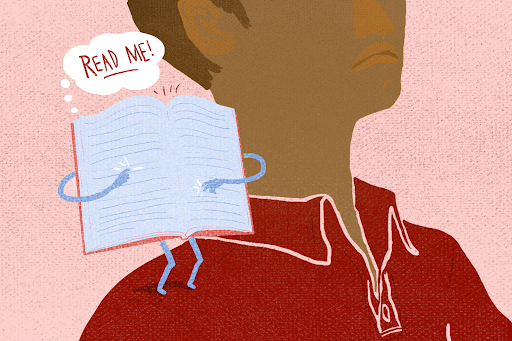An Alphabet Grammy Finale: A or B?
April 7, 2017
The 2017 Grammy Awards, with a star-studded musical cast and stunning performances, dazzled. Two notable performances amongst many were Bruno Mars’ excellent homage to Prince and A Tribe Called Quest’s powerful, political performance. However, all ears tuned in to hear the two monolith entertainers that returned to their glory with respective new albums: Adele—the Tottenham-born diva with her potent, soulful reveries of heartbreak and healing—and Beyonce—the ambitious queen of R&B and pop.
Adele’s 25 and Beyonce’s Lemonade debuted to great success; 25 broke first week sales in both the US (3.38 million) and the UK (800,307 copies), while Lemonade claimed the top of Billboard 200 and sold 635,000 copies within its first week. Both albums were exhibits of cathartic outbursts, with 25 illustrating the melancholy of healing from a lost relationship and the sonorous Lemonade detailing the journey of a woman scorned, paying special homage to black women. The Grammys awarded Beyonce’s work the Best Urban Contemporary accolade and presented Adele’s creation with Album of the Year (the highest award in the show) and Best Pop Vocal Album.
Some, however, cried foul at the distribution of awards.
“While I did appreciate and enjoy Adele’s work and return to music,” Matthew Velasco ‘18 supplies. “I felt that Beyonce was robbed of the Album of the Year title. I was happy that Adele won, but Beyonce deserved it in the end.”
Many accuse the Recording Academy of taking a page from the Academy of Motion Picture Arts and Sciences—slotting white artists to win and neglecting to award (or even nominate) POC artists in many categories. Frank Ocean, an African American artist, after ending his four year musical dry spell, withdrew his new album from Grammy consideration entirely to protest the Recording Academy’s lack of diversity.
Even the winner herself expressed some dismay at the Recording Academy’s choice, and Adele dedicated her acceptance speech to Beyonce, praising Lemonade as “so monumental, and so well thought out, and so beautiful and soul-bearing, and we all got to see another side to [Beyonce] that [she] doesn’t always let us see” (Vanity Fair). Backstage, Adele angrily proclaimed that she “felt it was [Beyonce’s] time to win,” and “what the [expletive] does she have to do to win album of the year?” (Vanity Fair). To prove her point, after her speech, Adele broke her Album of the Year Grammy in half to share her award with Beyonce, a further reminder of who she thought should deserve the title.
Allegedly, some of the Recording Academy judges criticized Beyonce for covering a multitude of genres and thereby ‘gaming the musical system’ so the Academy would have no choice but to give her the award. As soon as these stories surfaced, the Recording Academy faced criticism for supposedly snubbing Beyonce despite her immense talent. A few watchers also blasted the Academy for not giving Rihanna a single Grammy, despite the singer’s eight nominations.
“I believe that Beyonce fell victim to racism because Beyonce’s Lemonade was, as Adele said herself, ‘monumental’. It was her transition from mainstream pop into contemplative, conscious, and influential songwriting,” Monica Schell ‘18 proclaims. “Not only did it disclose her personal life and her struggles, but it was also a statement on black empowerment, encouraging African American woman to not let their pain constrict them. While I loved Adele’s 25, her album was not nearly as influential as Beyonce’s. I am proud to call myself a fan of Adele- what she did and said for Beyonce at the Grammys was both well said and well deserved.”
The only individuals who know the cause of this debacle—the judges—are unfortunately silent on the matter, leaving the public to wonder which queen of music rightfully deserved to preside over the 2017 Grammys.






